Baylor School of Education Welcomes Teachers from Across the Country for Summer Literacy Institute
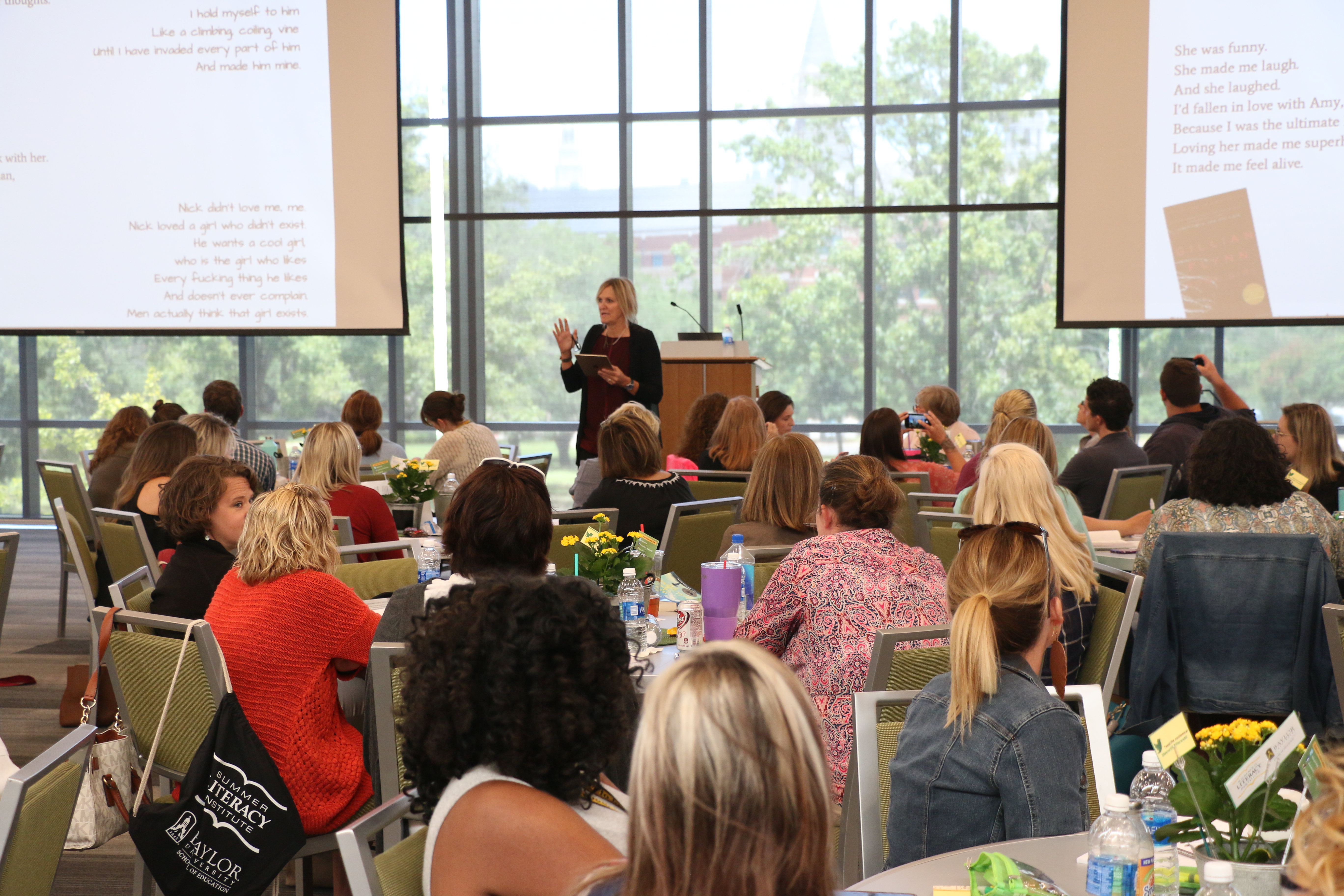
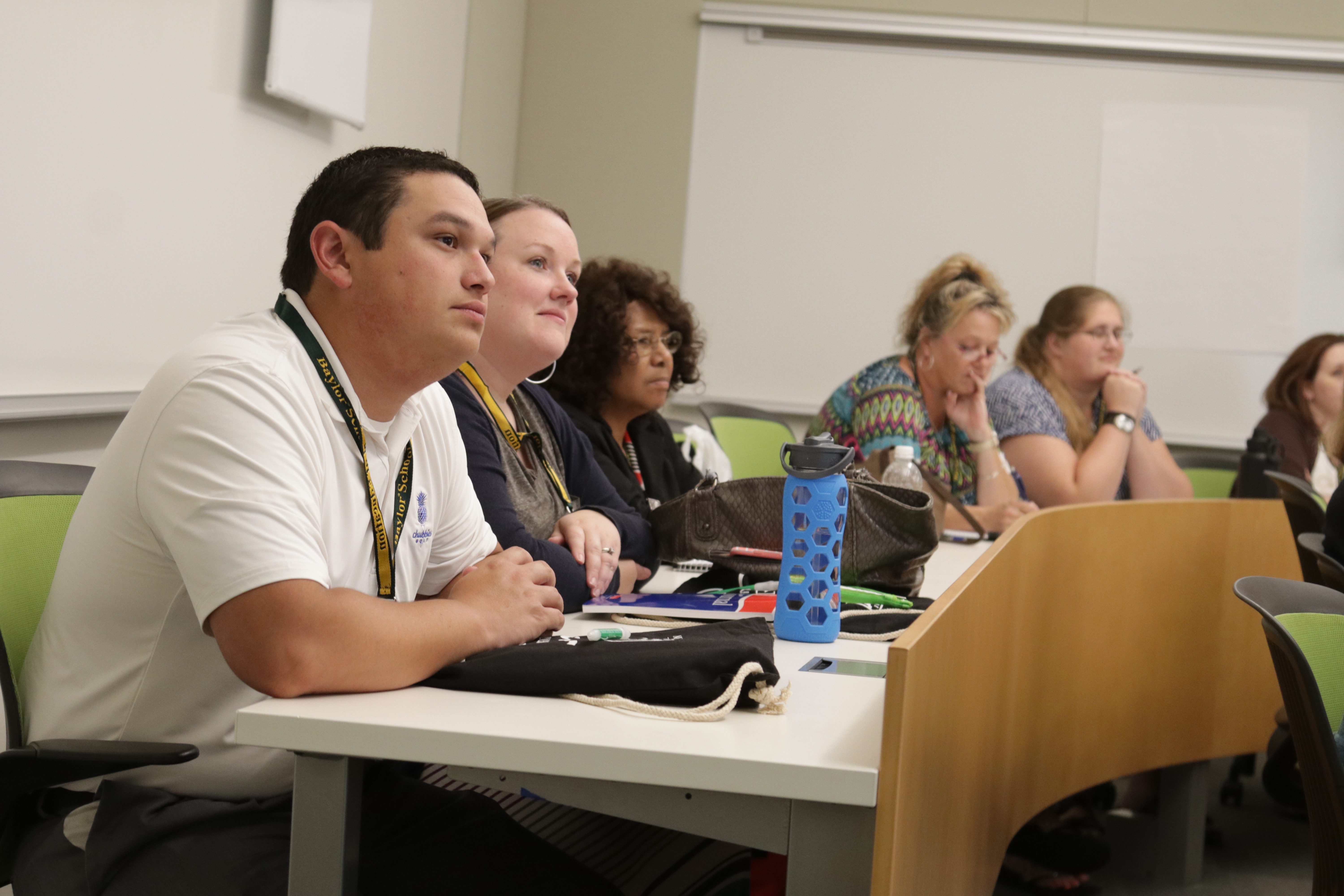
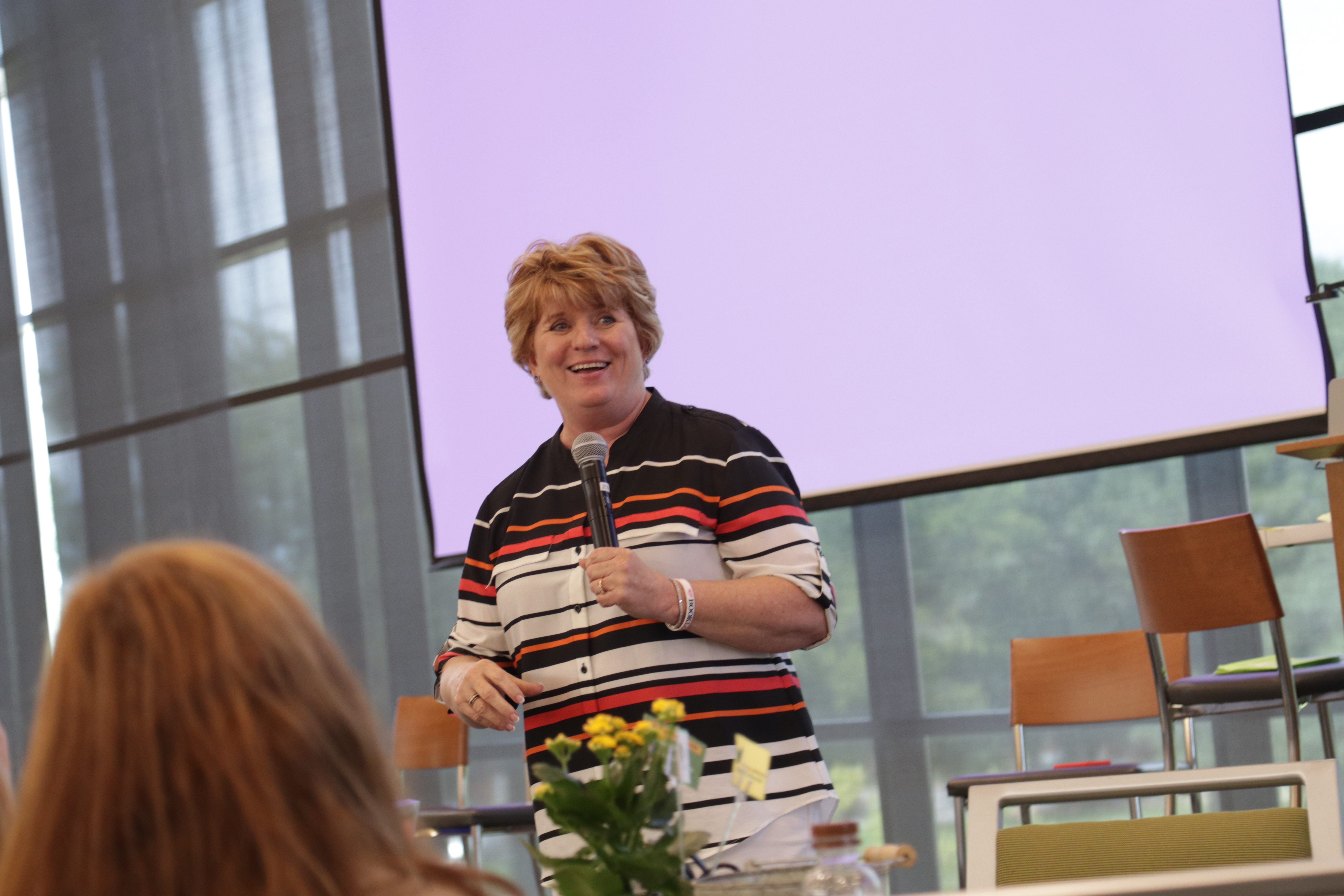
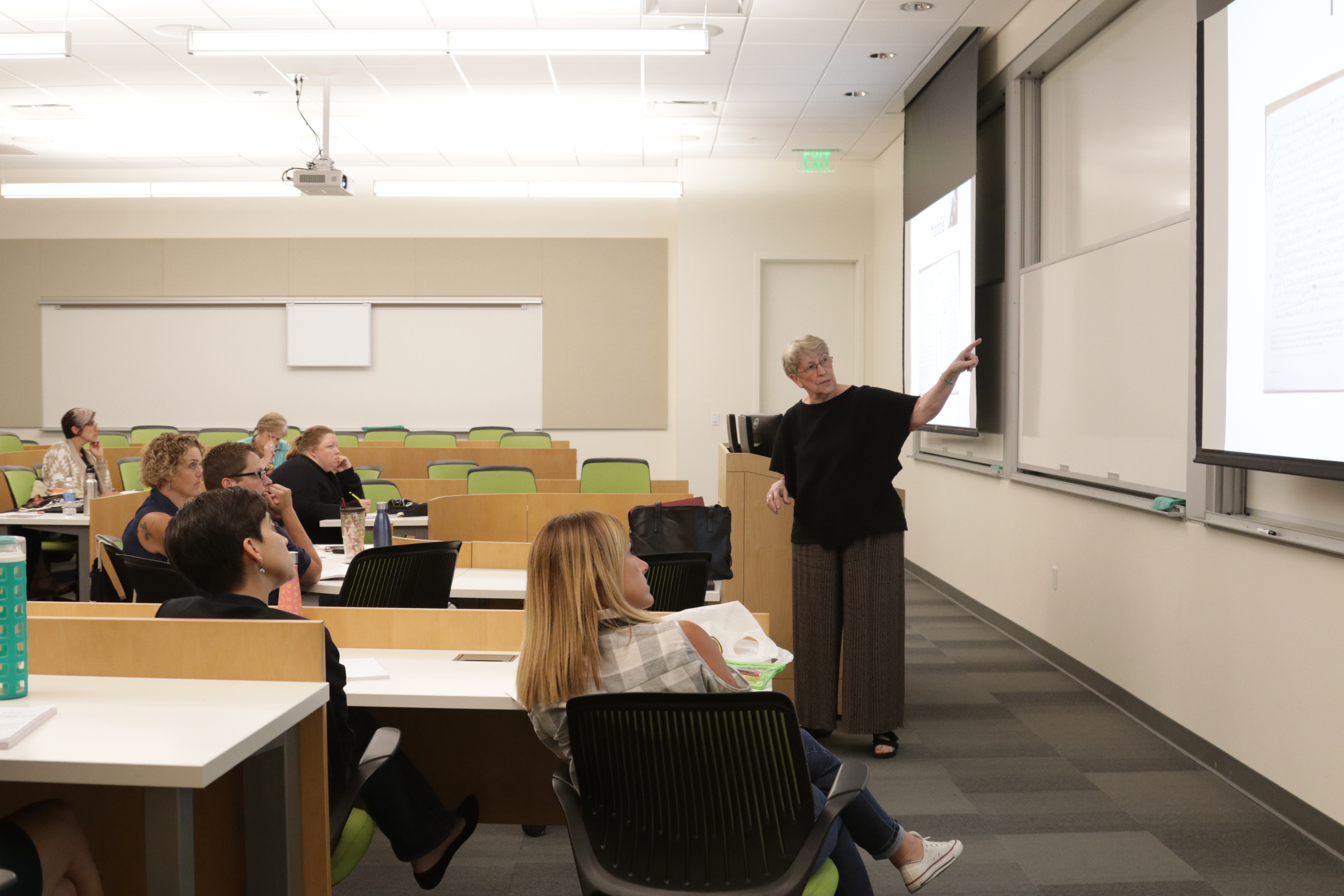
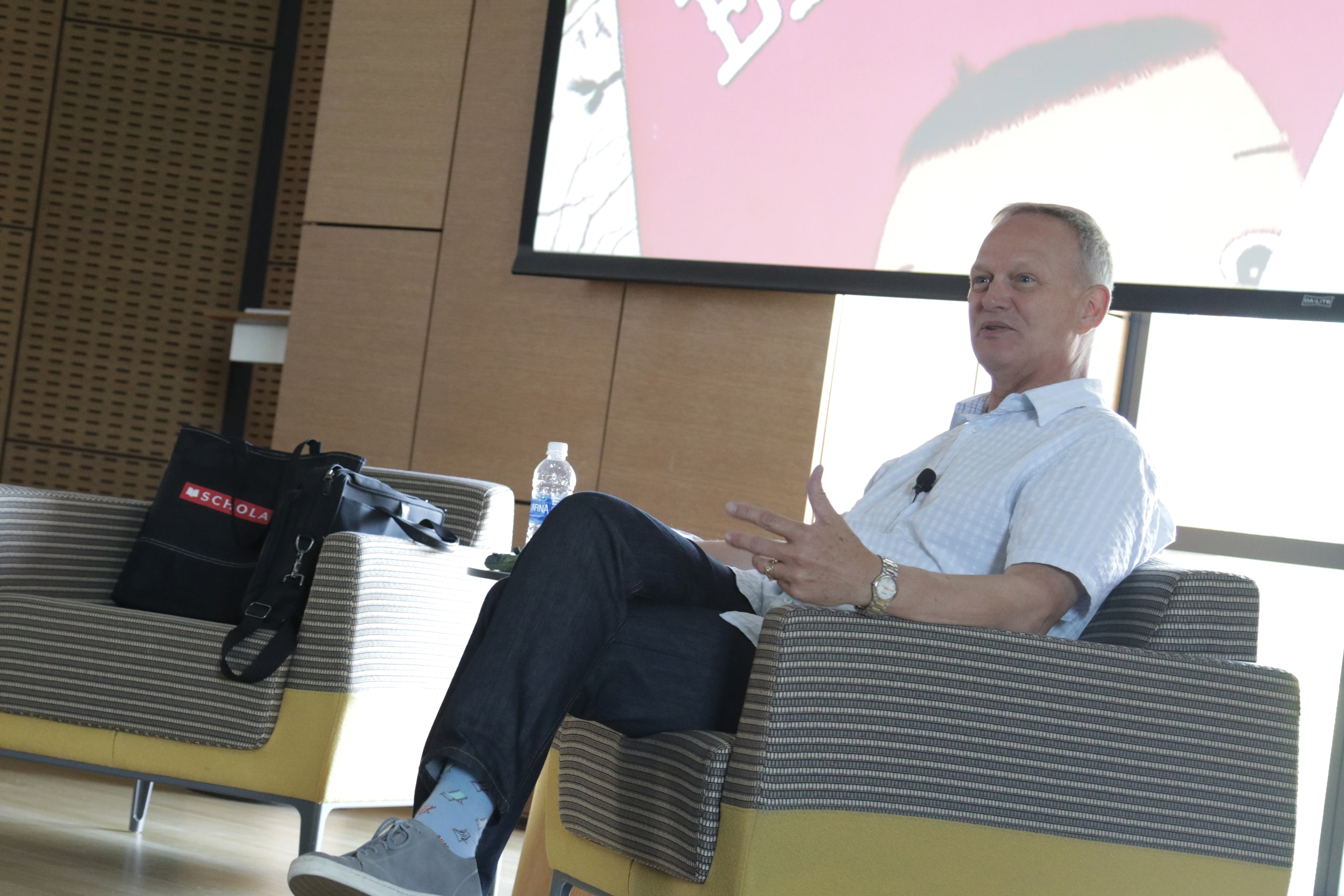
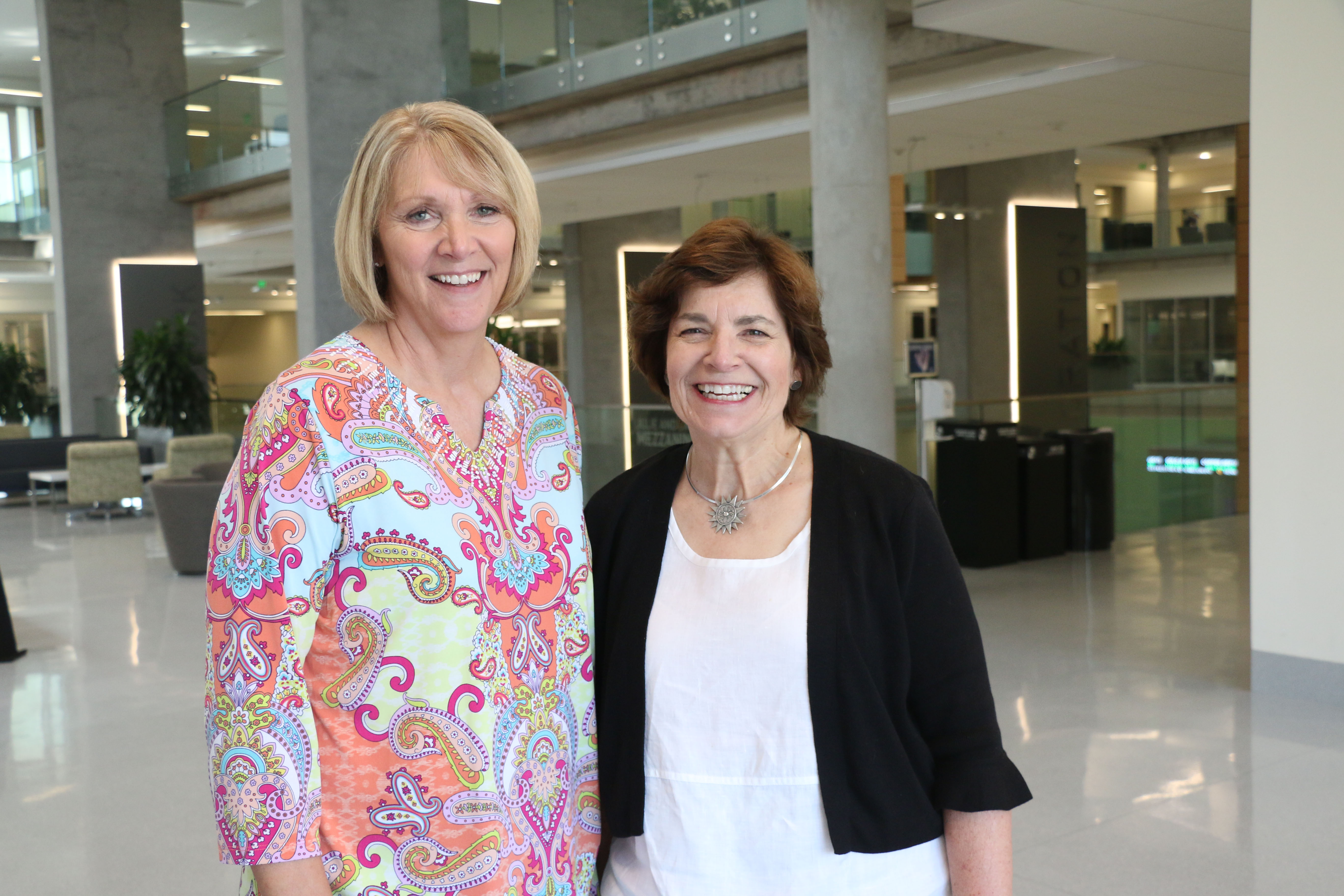
Contact: Meg Cullar, School of Education, 254-710-6435
Follow SOE on Twitter at @BaylorSOE
Follow Baylor Media Communications on Twitter: @BaylorUMedia
WACO, Texas (July 19, 2018) – Baylor University’s School of Education will host 240 teachers for a three-day Summer Literacy Institute July 24-26 at the Paul L. Foster Campus for Business and Innovation.
Launched in 2016, the Summer Literacy Institute is an annual professional development event that focuses on practical help for teachers. This year’s conference addresses struggling readers and writers in grades 4 through 12, covering strategies for engagement, comprehension, vocabulary and revision.
“Students should understand the basics of reading and writing by the end of the third grade,” said Margaret Thomson, senior lecturer in the School of Education and a conference co-director. “But many students do not go beyond basics skills and develop the ability to comprehend complex text and write at the level required in today’s workplace.”
Teachers are attending from across Texas and as far away as Canada and Minnesota; the conference is sold out. One teacher raised the funds to attend the conference through GoFundMe.
Co-directors Barbara Purdum-Cassidy, Ed.D., and Thomson said the conference grew out of a desire to reach more teachers with meaningful support.
“Three full days with this quality of trainers is a very unusual format,” Thomson said. “Many teachers are coming in teams, so they will be able to brainstorm and collaborate for the fall.”
The conference features internationally known literacy experts:
- Kylene Beers – advisor at Columbia University and previously senior reading researcher at the Comer School Development Program at Yale University, author of “When Kids Can’t Read”
- Penny Kittle – teacher and instructor at the University of New Hampshire Summer Literacy Institute, author of “Book Love”
- Lester Laminack – professor emeritus, Western Carolina University, and author of “Writers ARE Readers”
- Linda Rief – teacher and instructor at the University of New Hampshire Summer Literacy Institute, author of “Read Write Teach” and other influential books
“These speakers are not just authors, but they are experienced teachers themselves, who have research behind their practices. They also present very practical strategies that can be implemented in the classroom tomorrow,” said Purdum-Cassidy, clinical associate professor of elementary education.
The professors also hope the conference highlights Waco and Baylor University with teachers nationwide and encourages them to send their own students to Baylor.
“Teachers can be very influential with their students, and we hope they will get students to look at Baylor,” Purdum-Cassidy said.
Thomson and Purdum-Cassidy said that feedback from the teacher participants in previous years leads them to believe that the institute is making a difference and fulfilling its mission.
ABOUT BAYLOR UNIVERSITY
Baylor University is a private Christian University and a nationally ranked research institution. The University provides a vibrant campus community for more than 16,000 students by blending interdisciplinary research with an international reputation for educational excellence and a faculty commitment to teaching and scholarship. Chartered in 1845 by the Republic of Texas through the efforts of Baptist pioneers, Baylor is the oldest continually operating University in Texas. Located in Waco, Baylor welcomes students from all 50 states and more than 80 countries to study a broad range of degrees among its 12 nationally recognized academic divisions.
ABOUT BAYLOR SCHOOL OF EDUCATION
Founded in 1919, Baylor School of Education ranks among the nation’s top 20 education schools located at private universities. The School’s research portfolio complements its long-standing commitment to excellence in teaching and student mentoring. Baylor’s undergraduate program in teacher education has earned national distinction for innovative partnerships with local schools that provide future teachers deep clinical preparation, while graduate programs culminating in both the Ed.D. and Ph.D. prepare outstanding leaders, teachers and clinicians through an intentional blend of theory and practice.